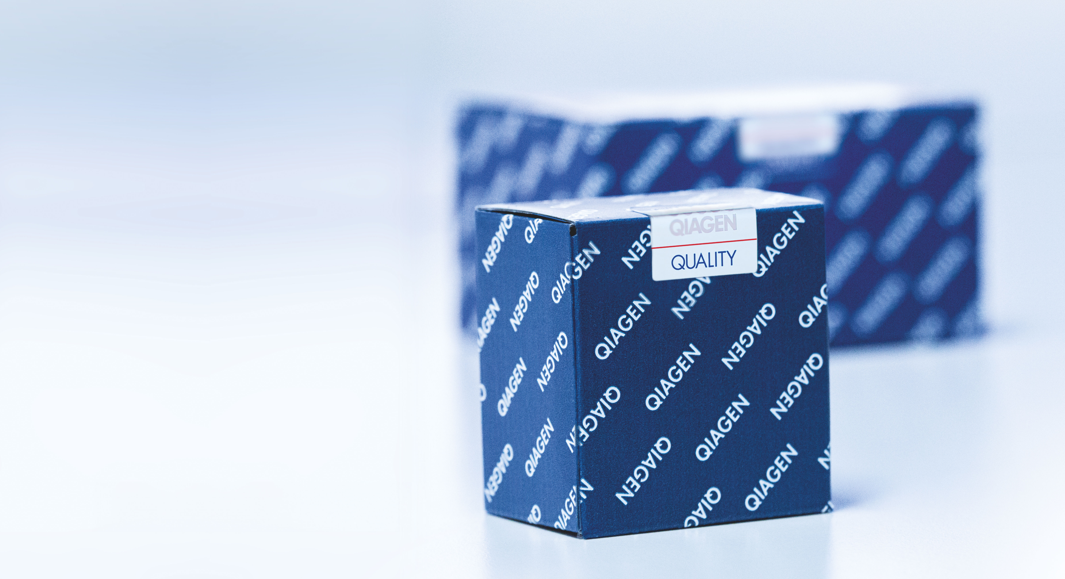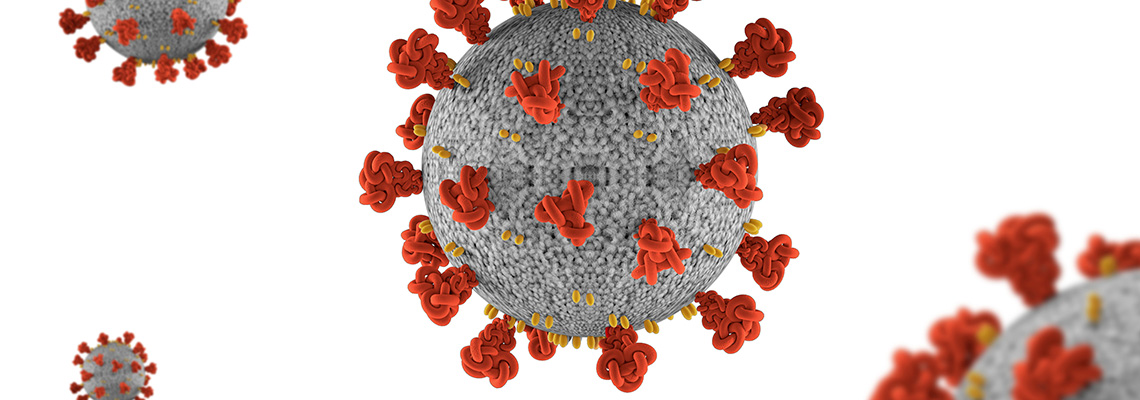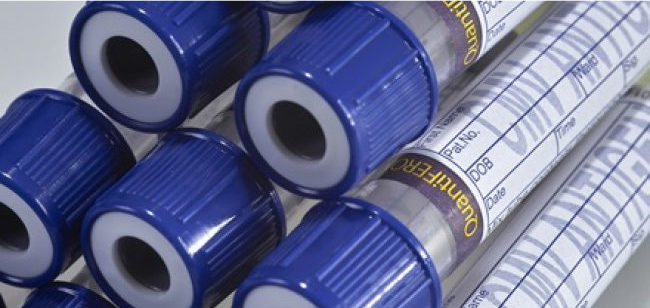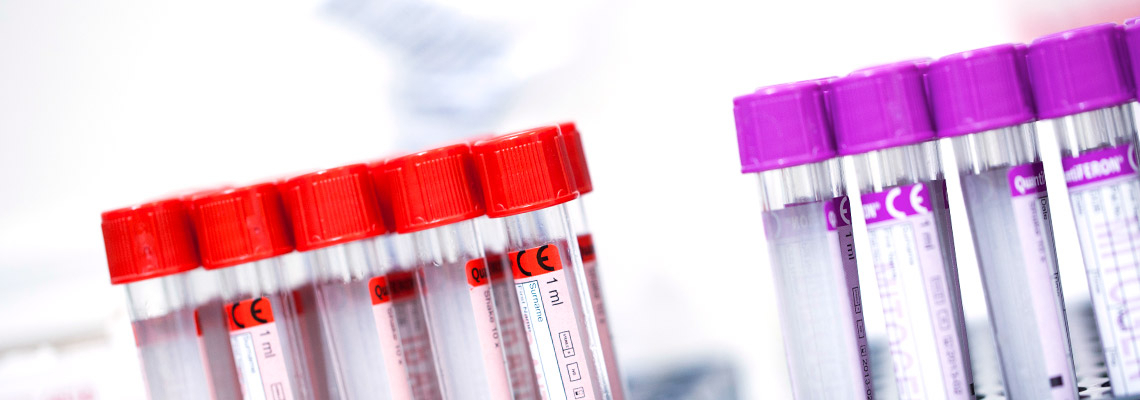

QuantiFERON®
– EBV BCTs SPP RUO
Reliably measure immune responses to EBV infection in transplant patients
Relevance for research
For comprehensive insight into T-cell immune response research in transplant patients.
Your research into cell-mediated immunity during EBV infection has the potential to transform future approaches to EBV management in transplant patients.
QuantiFERON-EBV RUO is specifically designed for researchers studying Epstein-Barr virus and its impacts on transplant patients at increased risk. It features trusted QuantiFERON technology to measure cell-mediated immune responses to EBV infection.
T-cells are becoming increasingly recognized for their role in a wide variety of infections and immunity, the exploration of immune response markers for Epstein-Barr Virus (EBV) infections is becoming the next tool for researching their utility in transplant patients and other settings.
The QuantiFERON-EBV Blood Collection Tubes and QuantiFERON ELISA are for Research Use Only and not for diagnostic use.
Product description
The QuantiFERON-EBV BCTs SPP RUO solution is an original combination of blood collection tubes containing innovative specific peptides formulated to stimulate lymphocytes in heparinized whole blood involved in cell-mediated immunity. Plasma from the stimulated samples can then be used for detection of IFN-γ using a simple ELISA. QuantiFERON-EBV BCTs SPP RUO can unlock new research insights on the immune status of individuals at risk for EBV disease.
The workflow includes blood collection and processing to generate plasma for the detection of IFN-γ from lymphocytes involved in cell-mediated immunity. The QF-EBV Antigen BCT uses a combination of CD4+ and CD8+ antigens specific to EBV nuclear antigen proteins (EBNA-1, EBNA-3A and EBNA-3B) to stimulate lymphocytes in heparinized whole blood. QuantiFERON Nil and Mitogen BCTs are intended to be used as negative and positive controls in conjunction with the QuantiFERON-EBV Antigen BCT when workflow and donor controls are required.
The QuantiFERON-ELISA is a microplate coated with specific material for determining the concentration of IFN-γ in a human plasma sample (reported in International Units per ml; IU/ml). Analysis of results is performed using the QuantiFERON Software. Analysis software for QuantiFERON-EBV BCTs SPP RUO is available for download.
Application for research
The potential research applications of immune response assays for EBV infections include, but are not limited to:
- Investigating infection severity in hospitalized transplant patients
- Investigating patient prognosis in intensive care units
- Investigating cell-mediated immune response following EBV infection
- Investigating immune response in patients with EBV-related malignancies (e.g., autoimmunity and cancer).
Unlock immune response potential for better research insights
Detects CD4 and CD8 T-cell responses
Features EBV nuclear antigen proteins (EBNA-1, EBNA-3A, and EBNA-3B) to stimulate lymphocytes in heparinized whole blood
Plasma from stimulated samples can be used for the detection of IFN-γ
Other interesting content
Looking for something else? You might be interested in this as well.

QuantiFERON® reasearch papers – Follow the latest studies
Latest research applications of T cell assays in SARS-CoV-2 infections, immunity investigations and patient monitoring

QFT CMV – Monitor transplant patient’s level of anti-CMV immunity
QuantiFERON® – CMV is a blood test that measures the immune response of CD8+ cells to CMV. The test is used to monitor people’s risks of developing CMV disease and can be used in connection with organ transplants to predict whether patients have an increased risk of developing CMV disease.
Contact
Please, reach out if you have questions, comments or requests.







